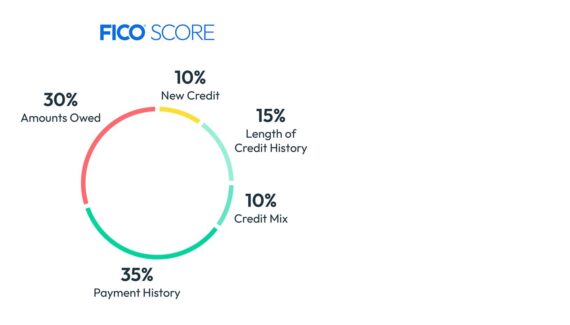You work hard for your money. Unfortunately, crooks work hard as well, attempting various tactics to take your money. If you fall for a scam, little can be done to help you get your money back. In order to keep your financial and personal information safe, it’s necessary to look for red flags and be proactive about security.
Know the red flags
From classic methods to using sophisticated technology, criminals will try a variety of strategies to gain access to your money. If you experience any of the following, consider it a red flag and pause before you act:
- A person calls or emails, pretending to be someone you trust, such as a family member, government official or a well-known business or nonprofit organization. The intention is for you to let your guard down immediately.
- They push you to make decisions in a hurry, ask for personal information such as an authorization code, often threatening legal action or using intimidation tactics to get you to act. They know fast action can mean you won’t think things through, causing you to make mistakes.
- They will ask for money through undetectable methods such as wire transfers and gift cards, or they may even send a check and ask you to return some of the money through these methods.
Learn the do’s and don’ts
The Bank of America Privacy and Security Center provides key actions you can take to help protect yourself from becoming the victim of a scam:
- Don’t send money or give out your personal information in response to an unsolicited text, phone call or email. Companies will never call you and ask you for an authorization code.
- Don’t be rushed to respond to unexpected requests. If they tell you not to tell anyone or they provide you with talking points to say to your bank or family, you can be absolutely sure it is a scam. Research, validate or talk to someone you trust. Look up the business and phone number online and contact them directly.
- Don’t trust caller ID. Scammers can fake caller ID information so don’t always trust the name and number that appears on-screen. If the caller asks for money or personal information, hang up and call back through a validated number.
- Don’t deposit a check and immediately send back funds. Scammers will send a check and ask you to send a portion of it back by wire transfer, gift card codes or a form of cash payment. You might send the money back right away, but their check could still be returned unpaid, leaving you without any money.
- Don’t fall for work from home scams. No legitimate company will require you to buy things or pay for equipment up front. Car logo, mystery shoppers, baby-sitting services are a few ways consumers are targeted.
- Do protect your devices by keeping your phone, tablet and computer updated with the latest browser, operating system and antivirus software. If you see a Microsoft pop-up claiming you have a virus on your computer and receive a phone call stating they need to take control of your computer to get rid of the malware, absolutely DO NOT fall for it. Take your laptop to a trusted company to physically clean your device.
- Do use secure methods of payment such as Zelle® and Bill Pay. Zelle is a fast, safe and easy way to send and receive money in minutes¹ with friends and family and others you trust. It only uses your U.S. mobile number or email so your account information remains private. Bill Pay allows you to manage all your bills securely in a single place online, so you can pay bills with confidence.
- Do stay on top of account activity and ensure all contact information is up-to-date. With Bank of America’s mobile app, turn on alerts and enable security features such as Face ID or Fingerprint Scanner to allow for simple and secure login.
- Do trust your gut. If it doesn’t feel right, it probably isn’t. Your intuition is usually correct, so take the time to pause and evaluate before sharing personal info, sending money or revealing private data.
Learn more and find out about the latest scam and fraud prevention news by visiting www.bankofamerica.com/security.
¹Transactions typically occur in minutes when the recipient’s email address or U.S. mobile number is already enrolled with Zelle.
Zelle and the Zelle-related marks are wholly owned by Early Warning Services, LLC and are used herein under license.


